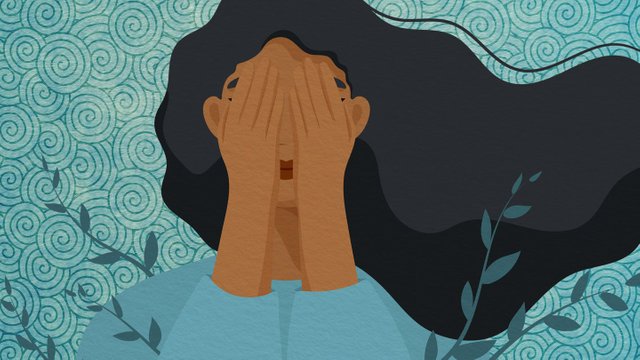An unwillingness to try new things is one of the most common causes of chronic depression. This condition may have a number of different causes, including past failures. However, no matter how deep-rooted a fear of failure is, it is an underlying factor in many cases and can prevent people from taking risks. Listed below are some symptoms of an unwillingness to try new things. If you suffer from Atychiphobia, read on to learn more about this disorder and how it affects your life.

Atychiphobia
The dread of failing is one of the most common psychological fears people experience. Atychiphobia is a form of fear of failure that is closely related to the imposter syndrome. A person with this condition is unable to feel good enough or worthy to try something new. However, this isn't the end of the world. There are ways to overcome this dreadful fear.
The causes of atychiphobia are complicated, ranging from physical symptoms to emotional ones. It can be triggered by hypothetical failure scenarios. Another possible cause is self-handicapping. In this case, a person avoids starting a large project because they fear they will fail. However, if atychiphobia is a symptom of a more serious phobia, a person may be suffering from self-handicapping.
Symptoms
A feeling of indecision and apprehension may indicate an illness. Insidious thoughts of failure may trigger self-sabotage. People with OCD engage in compulsive behaviors in order to alleviate the anxiety associated with these thoughts. People with social anxiety disorder may fear public speaking and others. However, if the feeling of apprehension persists, you may have a more severe problem.
An unwillingness to try new things may stem from a number of causes. Some of these reasons include traumatic experiences and unsupportive parents. Sometimes, a traumatic event in a person's early years can leave them feeling frightened of failure. Moreover, a person who was humiliated during their youth may carry that negative emotion into adulthood. If someone has suffered a failure at a presentation, they may continue to live with the negative feelings. People who fear failure will sometimes avoid challenging projects, or they may even sabotage themselves in order to avoid them.
Treatment
The causes of an unwillingness to try new things are varied, but they are all related to the same psychological state: irrational fear of failure. The fear may be rooted in a traumatic event, such as being humiliated in childhood, or it could be a result of an ongoing worry that they won't be good enough. Severe cases of atychiphobia keep the person trapped in their comfort zone and prevent them from moving on.
Fortunately, there are several effective treatments for an unwillingness to try new things. Talk therapy involves exposing patients to the fears they are afraid of and exploring related ideas and thoughts. In time, exposure therapy can help overcome the fear response. Several experts recommend talk therapy as a form of treatment for this type of problem. Here are three strategies you can try to overcome your fear of failing:
Impact on mental health
A person's unwillingness to try new things is linked to a number of factors, including poor parenting and an unhappy upbringing. Fear of failure can also stem from traumatic experiences such as being humiliated as a child, or failing a presentation. When these feelings are persistent, they can lead to a heightened risk of experiencing failure in the future. People who are prone to fearful thinking may have experienced trauma of some sort as a panic attack during a presentation, or being ridiculed or humiliated after an unsuccessful performance.

The stigma associated with mental illness is one of the largest barriers to treatment. It limits opportunities for meaningful relationships and can lead to a sense of isolation. The feeling of isolation is particularly damaging for mental health, as it can trigger anxiety and put the immune system at risk. Moreover, the stigma associated with mental illness can affect the quality of care received. Even healthcare professionals cannot escape this prejudice. Consequently, people with mental illness are often denied appropriate treatment and receive a lower-quality standard of care than those with physical ailments. Further, stigma may also limit access to research and support for local services.